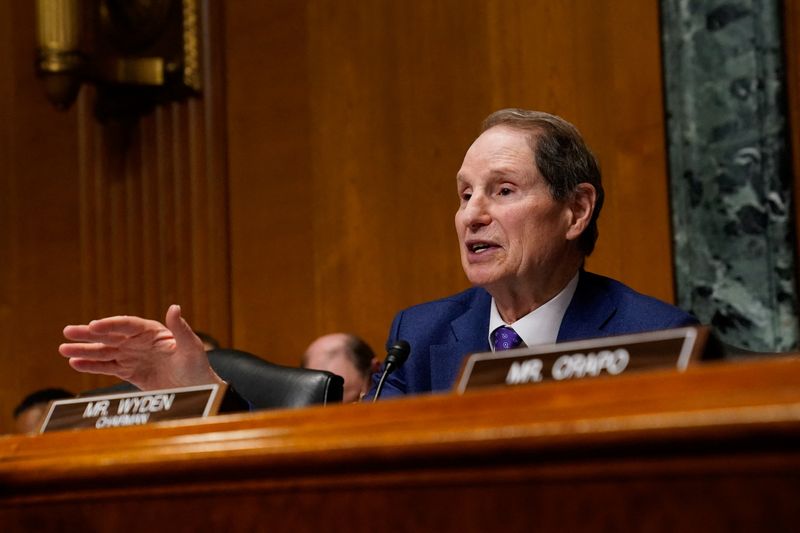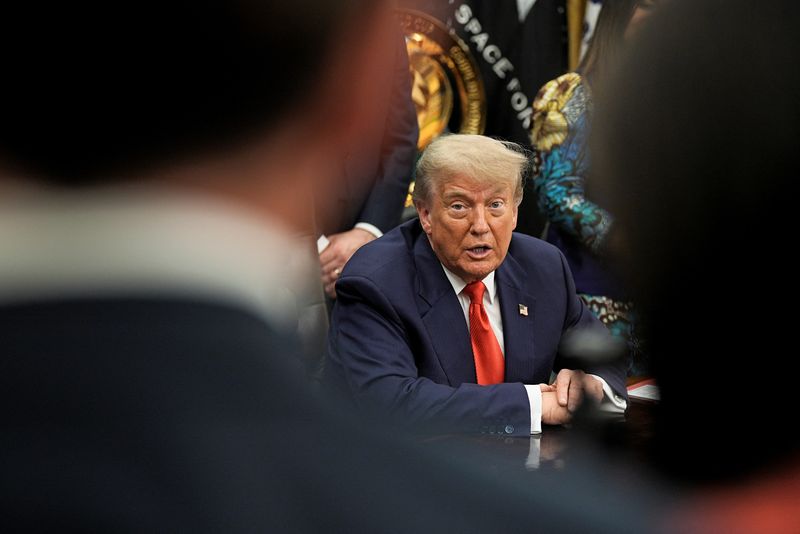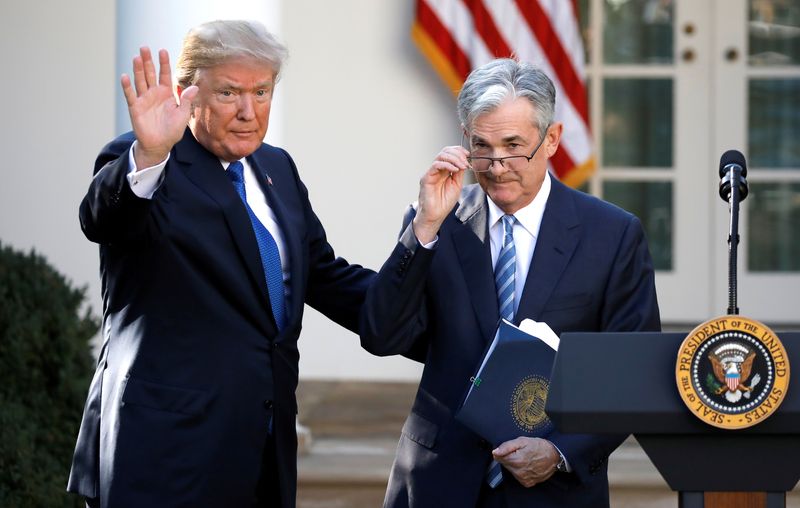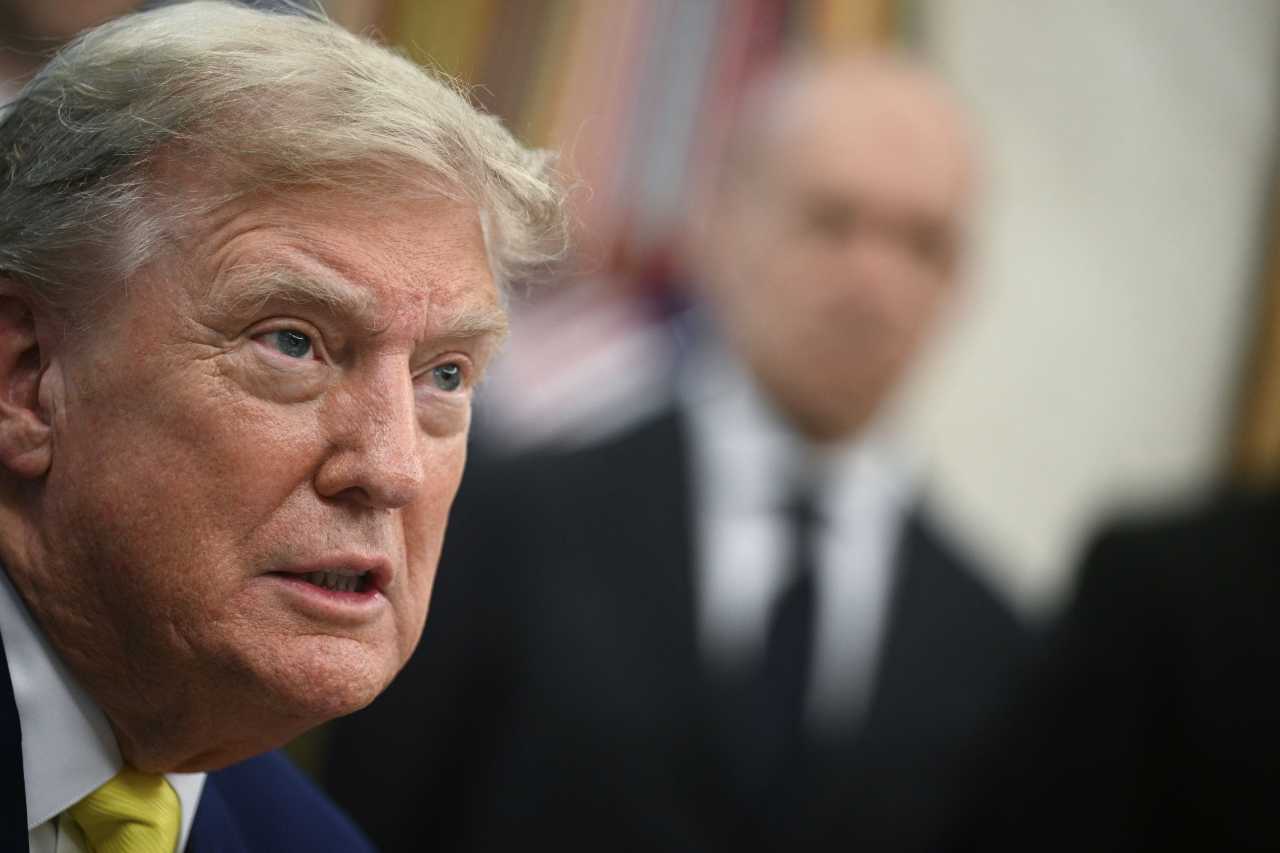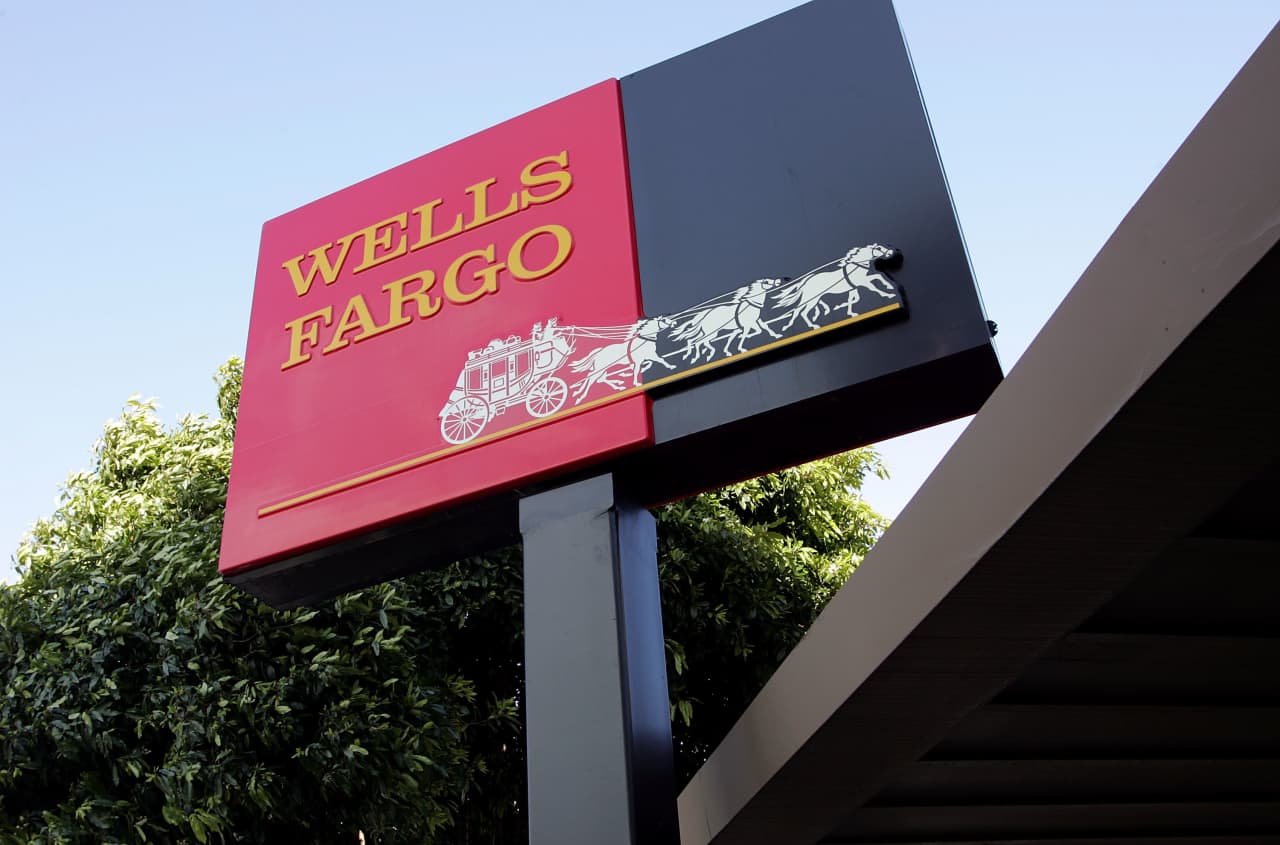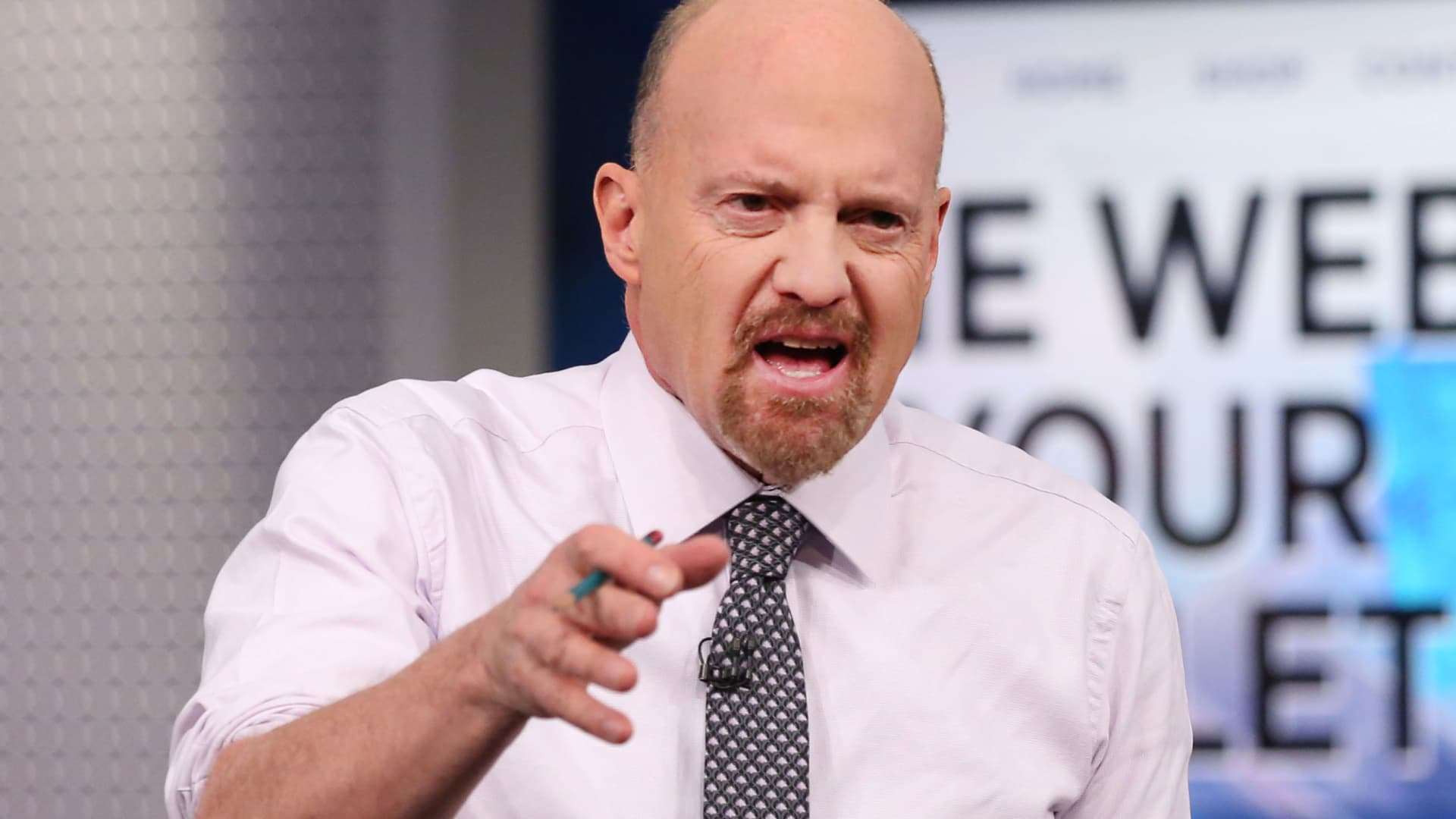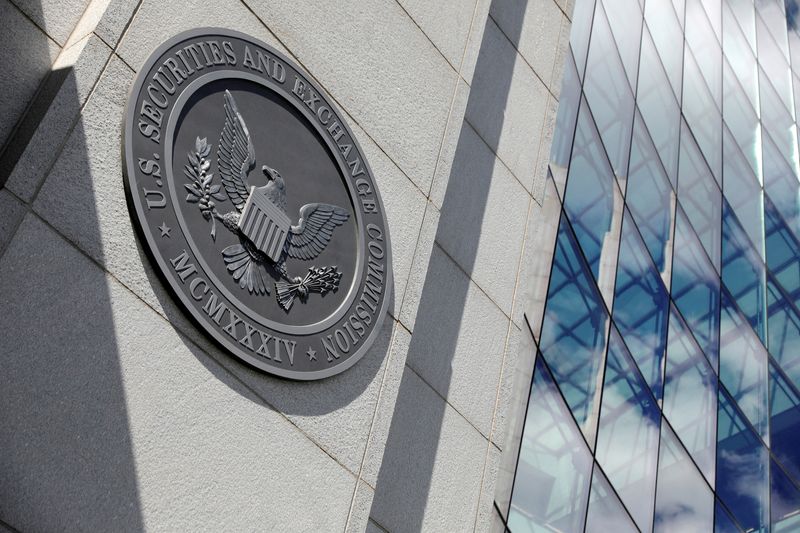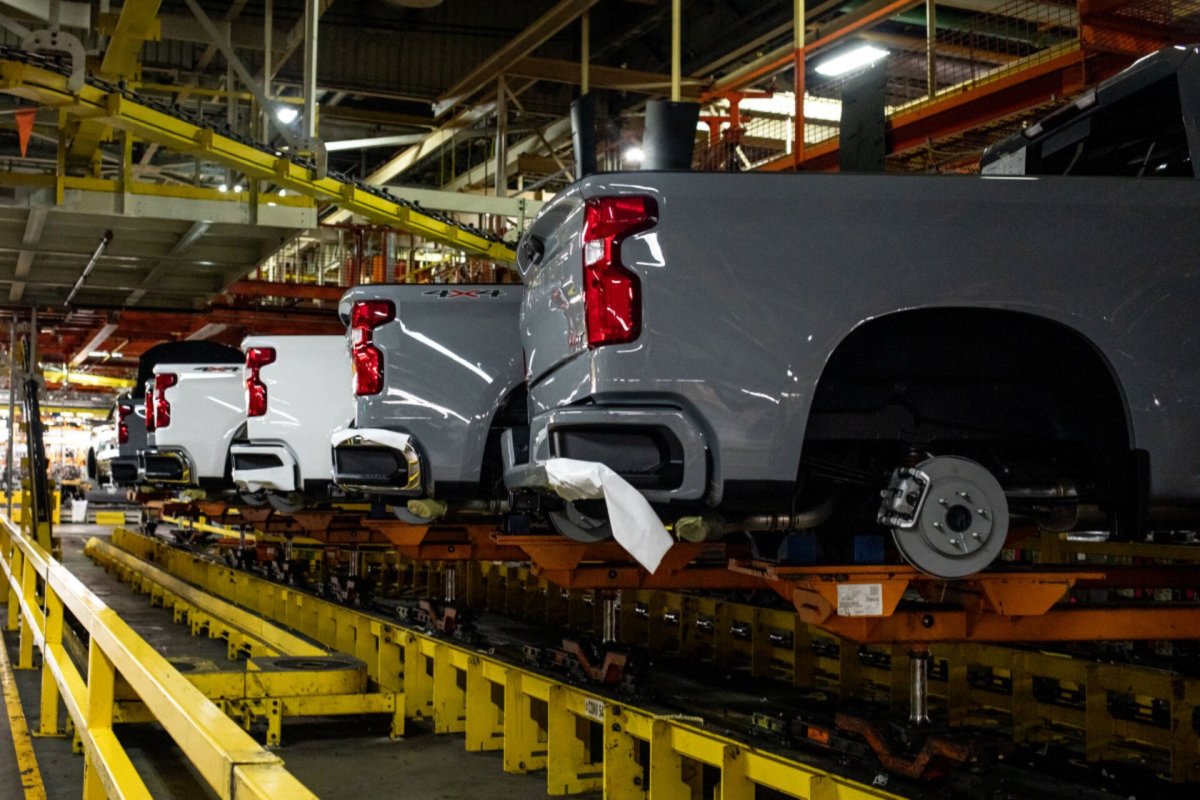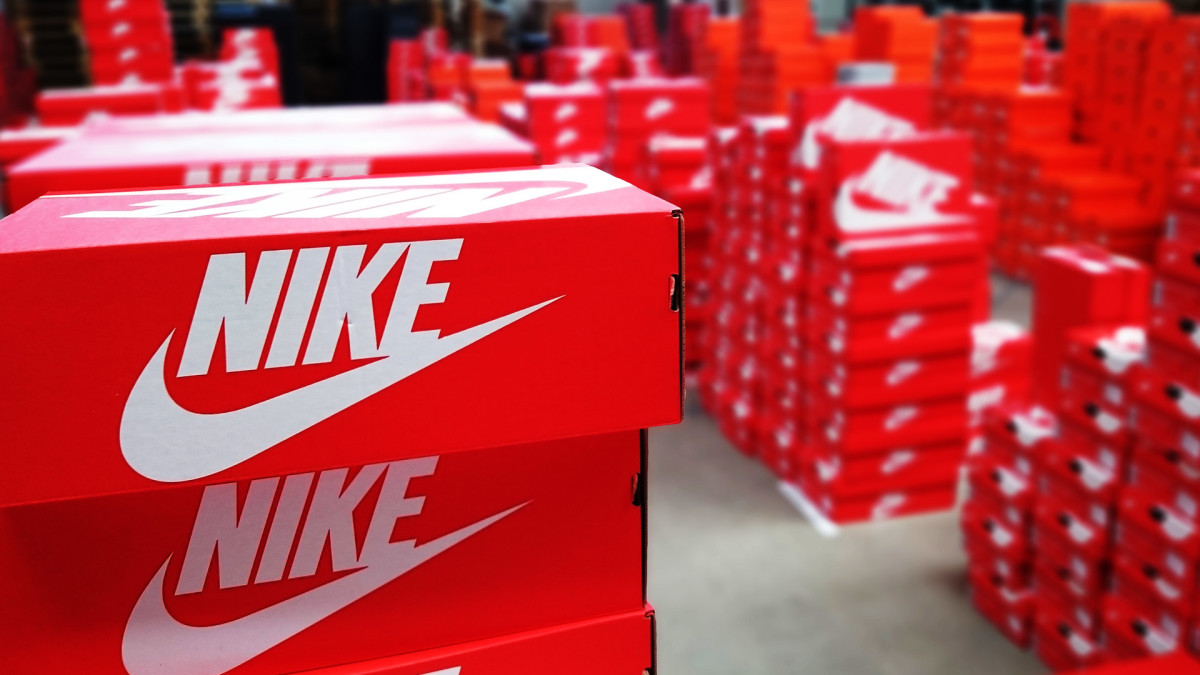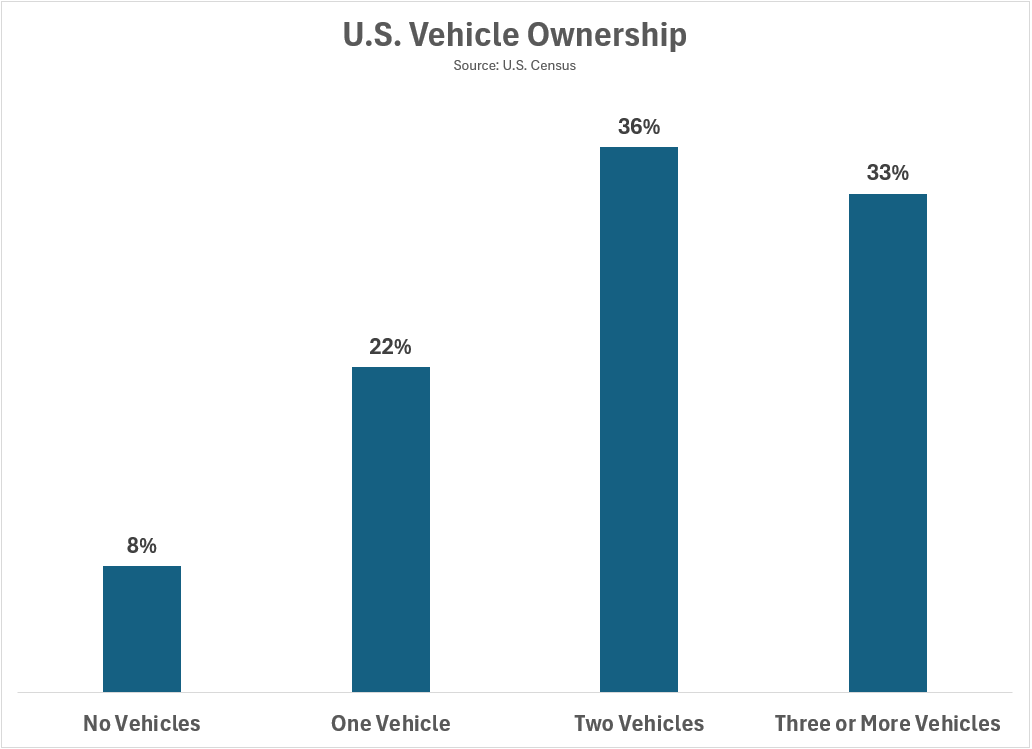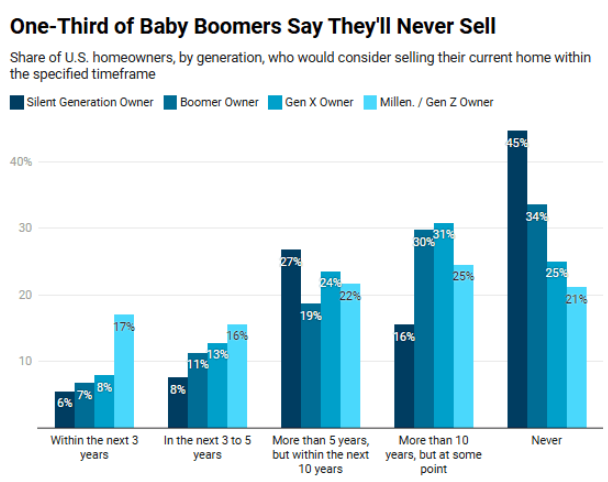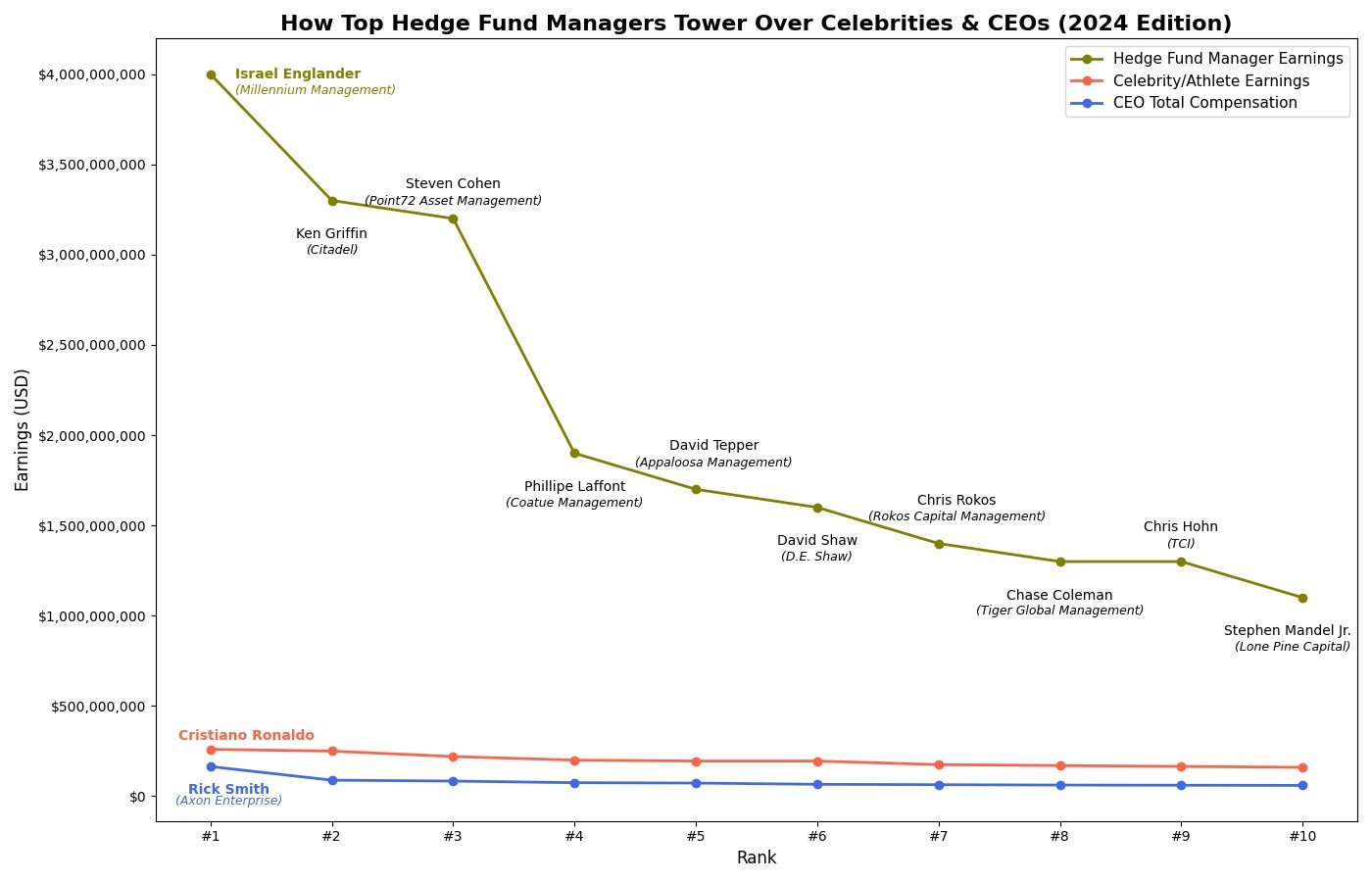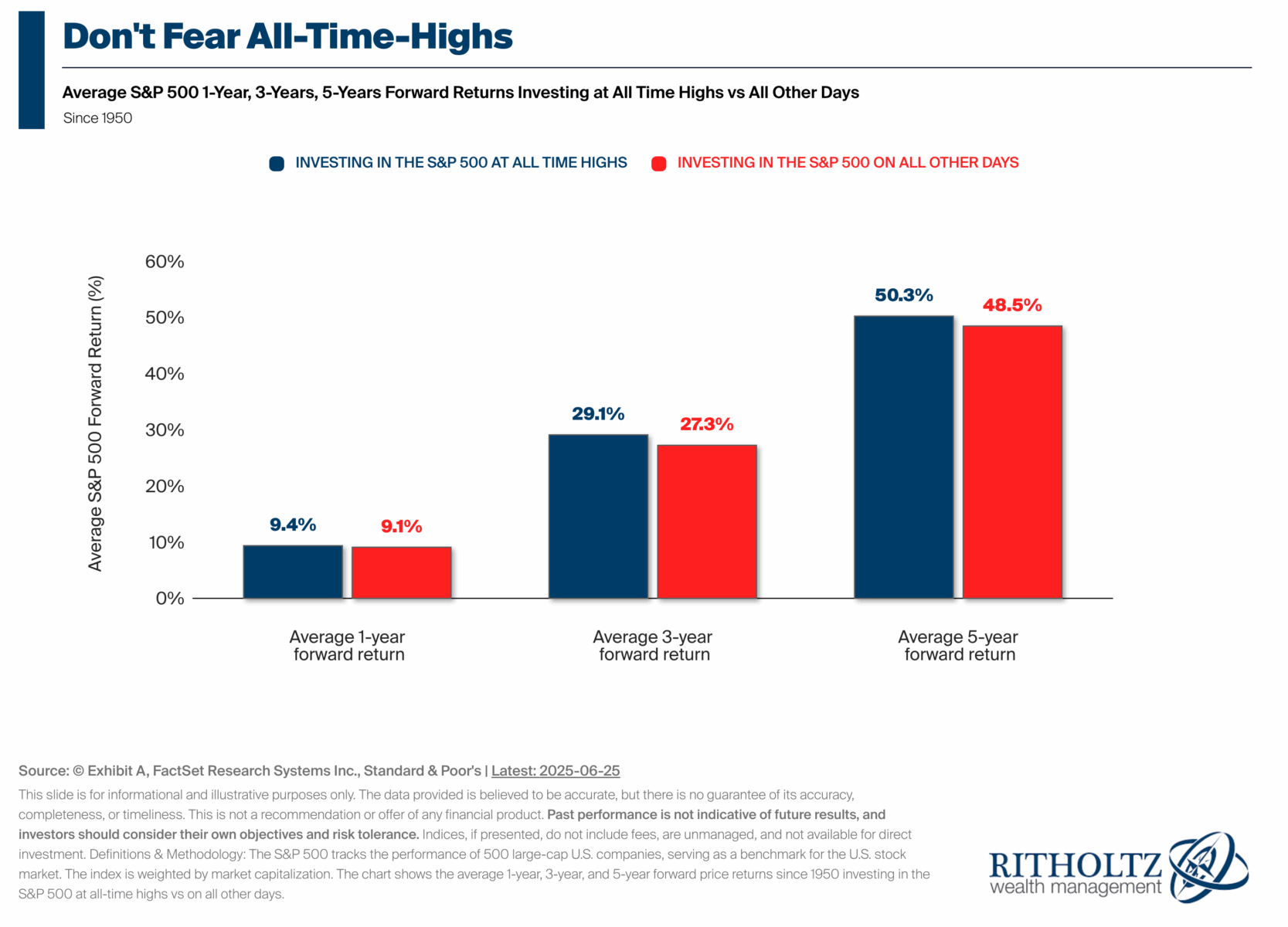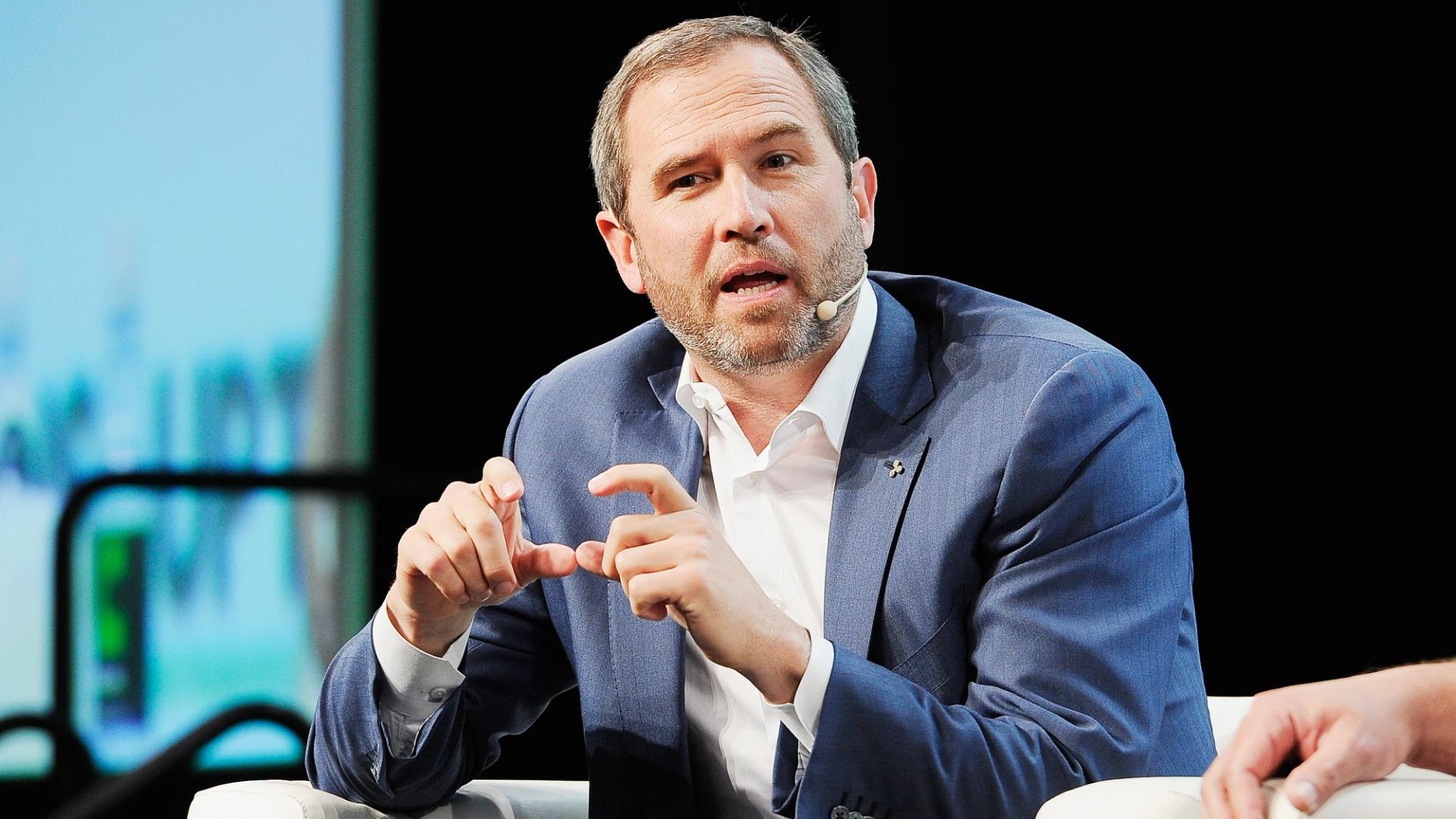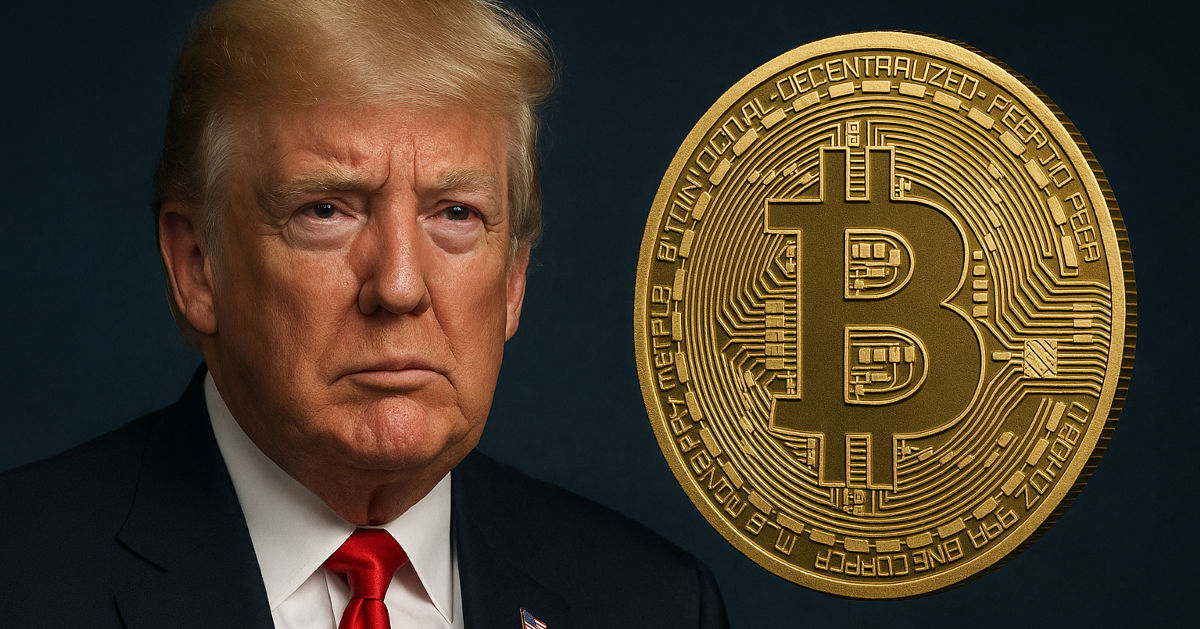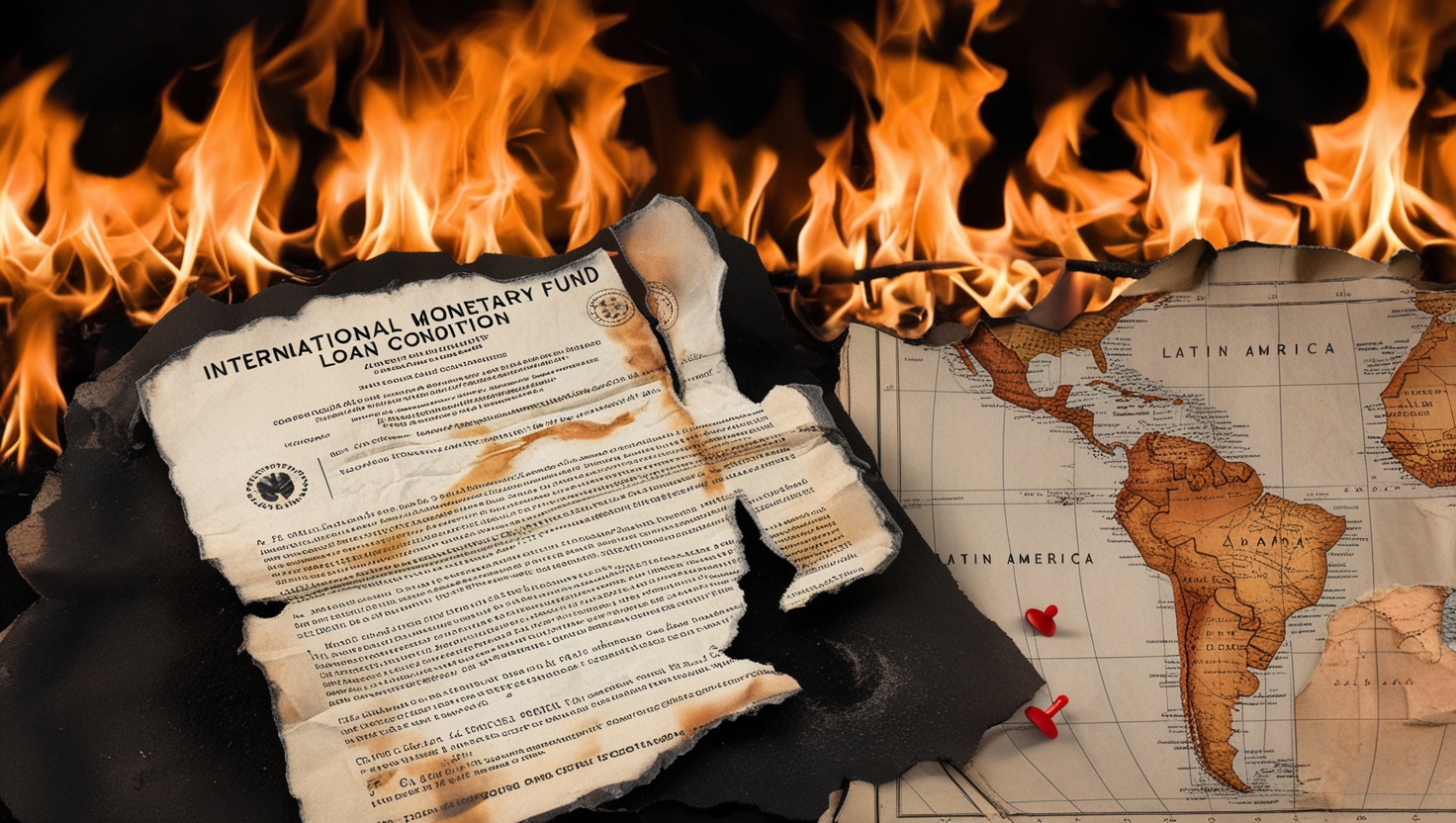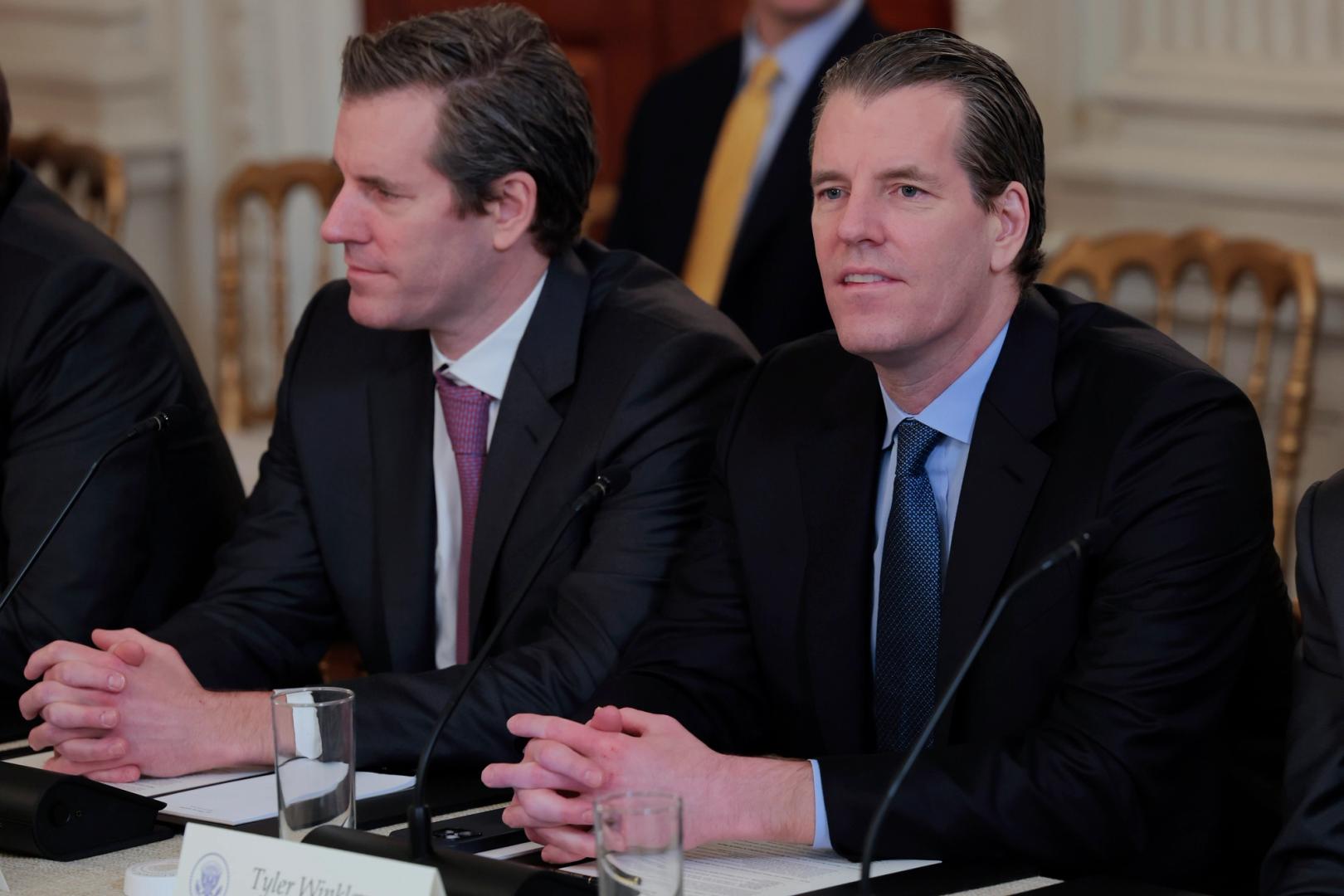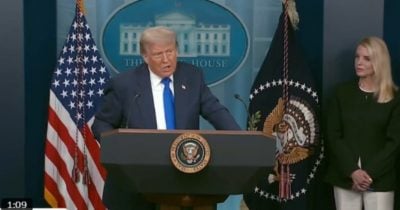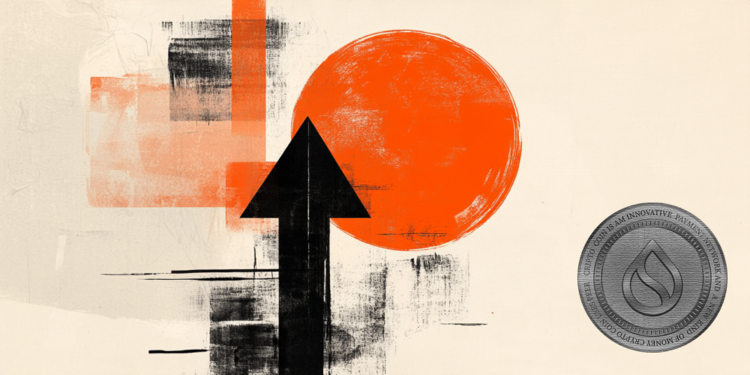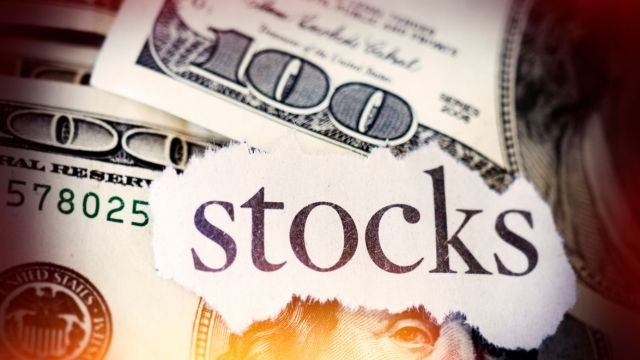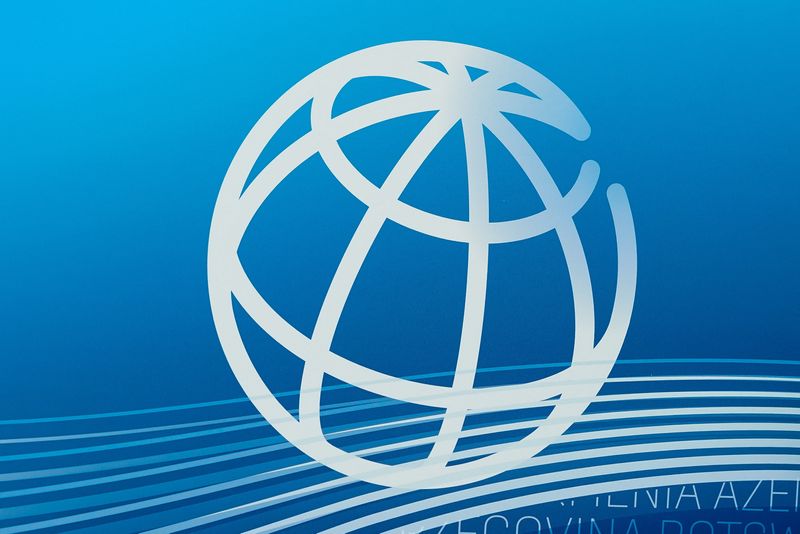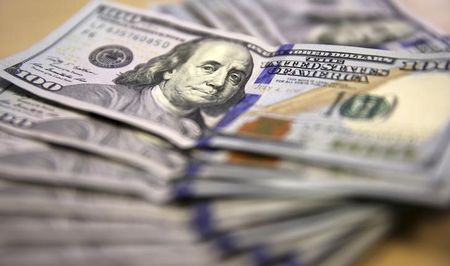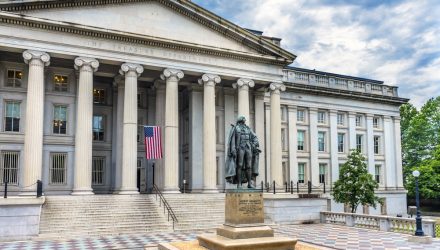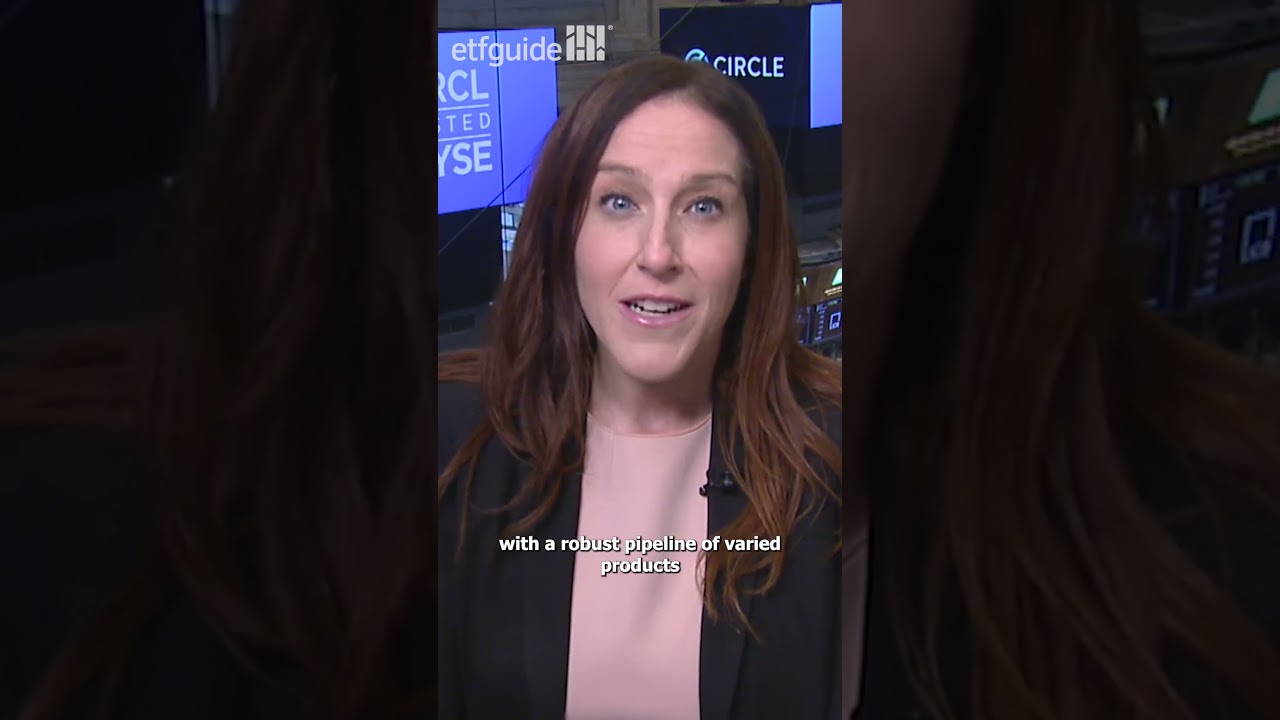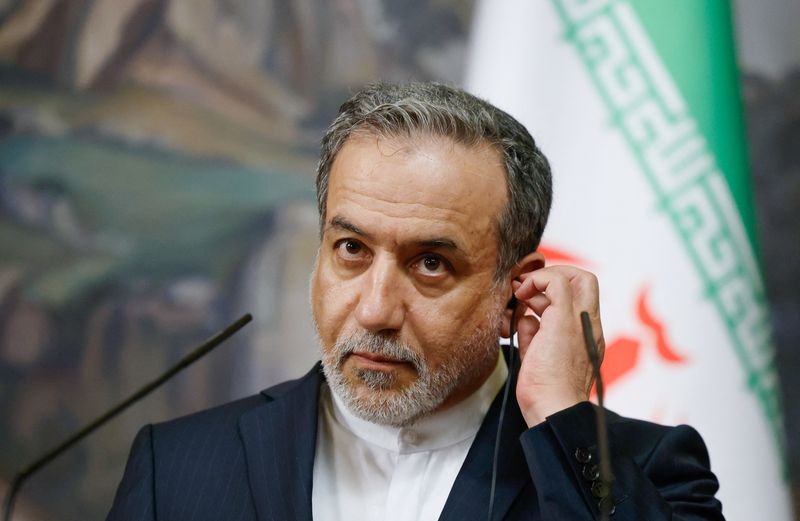The tariff strategy is backfiring and small businesses are the collateral damage
Tariffs are a quiet tax that hurts small businesses already facing rising costs, broken supply chains, and labor pressure.

The White House just wrapped up a victory lap for National Small Business Week, complete with talk of “unleashing opportunity” and “pro-growth” tariffs. But here’s the thing: If you’ve actually run a business in the last five years, not just written a speech about one, you know that’s not how any of this works.
Let’s skip the spin. Tariffs don’t protect small businesses. They punish them. Quietly, consistently, and with compounding effect.
Tariffs aren’t some clever tool for leveling the playing field. They’re a quiet tax that makes everything harder, especially for small businesses already navigating a minefield of rising costs, broken supply chains, and labor pressure. While political leaders paint a picture of Main Street revival, the view from the storefront is very different. Prices are up. Supply chains are unpredictable. Margins are shrinking. And now, the federal government wants a round of applause for slapping another tax on the people least equipped to absorb it.
A National Bureau of Economic Research (NBER) study found that the added cost from tariffs is passed entirely onto U.S. importers. That means the burden doesn’t fall on foreign competitors, it falls on American businesses, especially smaller ones with thinner margins and less leverage. Most small firms don’t have backup suppliers, global negotiating power, or the financial runway to absorb these shocks.
Tariffs aren’t strategic. They’re structural sabotage
The logic behind tariffs is always the same: Punish unfair foreign trade practices, protect domestic industry, and stimulate local growth. The administration’s argument is that tariffs will “bring jobs home” and reduce foreign dependence. In theory, maybe. In practice, what they really do is sow chaos in supply chains, delay production and force business owners to make impossible choices. Raise prices and risk losing customers? Or eat the costs and hope to survive another quarter?
That’s not an opportunity. That’s a trap.
And ironically, it helps the very corporations these policies claim to check. Amazon can swallow cost increases. Walmart can reroute freight. But the family-owned coffee roastery that needs imported equipment to stay competitive? They're left holding the bag.
Tariffs aren’t about establishing fairness. They create barriers, especially for small businesses trying to get off the ground.
For early-stage companies, tariffs affect more than the bottom line
In any situation where VCs feel there is systemic risk to the economy, it is harder to get them to open up their checkbooks. Startups need many rounds of capital, and if there is a perception that future rounds will be hard to come by, they will need more conviction to make investment.
But with tariffs you also have to factor in the unknown about modeling profitability. How do you comfortably fund any consumer product that requires raw materials when the long-term costs for any of those businesses are unknowns? Or evaluate demand potential if part of the upside of the business is international?
Here’s how we actually help small business
If policymakers actually want to strengthen small businesses, they should focus on what owners are really asking for:
- Lower input costs. That means fewer hidden taxes, not more.
- Reliable supply chains. We need infrastructure investment, not disruption disguised as patriotism.
- Access to affordable credit. Rates are high, and capital is tight. Entrepreneurs can’t grow.
- Policy stability. You can’t plan a product launch or sign a lease when the rules keep changing every other week.
And maybe above all: Include small-business owners in policymaking. Don’t just parade them out during themed weeks.
I’m all for protecting American enterprise. But you don’t do that by quietly making it more expensive to run a business in America. You don’t do it by forcing entrepreneurs to pay more for less. And you certainly don’t do it by pretending that cost inflation is a win.
Tariffs may score political points. But they’re a policy failure wrapped in patriotic packaging. They weaken the very people we claim to champion.
Small Business week may be over but our attention should not diverge from the importance of these growing enterprises. If we want to support the backbone of the economy, we have to stop weighing it down.
The opinions expressed in Fortune.com commentary pieces are solely the views of their authors and do not necessarily reflect the opinions and beliefs of Fortune.
Read more:
- USA Brands CEO: Small businesses want to thrive, not just survive. That’s where the tariffs uncertainty hurts the most
- My solution to Trump’s tariffs: I’m starting a U.S. factory to save my small business
- The pursuit of ‘lean’ operations has left companies mercilessly exposed to the tariffs chaos
This story was originally featured on Fortune.com





